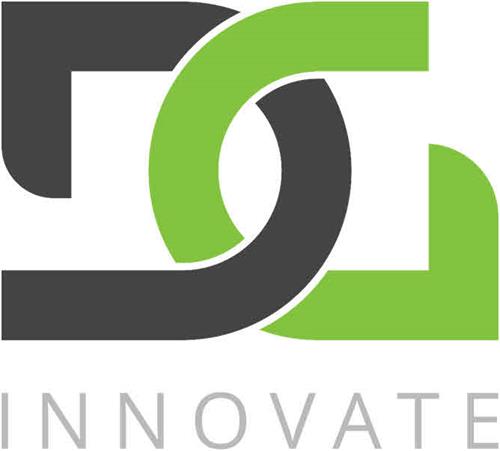Sodium-ion batteries are quickly emerging as a compelling alternative to traditional lithium-ion batteries, especially as the demand for renewable energy storage and electric vehicles (EVs) continues to grow. These batteries offer a range of benefits that make them an attractive option for the future of energy storage.
One of the key advantages of sodium-ion batteries is their cost-effectiveness. Sodium is significantly more abundant than lithium, which could lead to much lower production costs. This abundance means that sodium-ion batteries have the potential to be cheaper, facilitating their widespread adoption in various sectors.
In addition to being cost-effective, sodium-ion batteries are also notable for their safety. Solid-state sodium-ion batteries are non-flammable and maintain stability across a wide temperature range, making them a safer option for both domestic and industrial use.
Another area where sodium-ion batteries excel is in cold weather performance. These batteries can retain up to 80% of their capacity at temperatures as low as -30°C, compared to the 50% capacity retention typically seen in lithium-ion batteries. This makes them particularly suitable for use in colder climates.
The versatility of sodium-ion batteries is also impressive. They are well-suited for storing energy from renewable sources like wind and solar, providing a consistent energy supply for homes and businesses. Furthermore, sodium-ion technology is making significant progress in the EV market, where these batteries are expected to become popular in budget and low-range EV models, particularly in regions with harsh winters.
The industrial sector also stands to benefit from the adaptability of sodium-ion batteries, as they can help companies optimise asset utilisation while reducing operating costs. This adaptability could lead to broader acceptance across various industries.
Looking ahead, the future of sodium-ion batteries appears bright. By 2025, their energy densities could approach 150 watt-hours per kilogram, enhancing their efficiency and competitiveness with lithium-ion batteries. Additionally, existing lithium-ion infrastructure can be used to produce sodium-ion batteries, reducing the need for additional capital expenditure and accelerating their commercialisation.
Leading companies such as Contemporary Amperex Technology Limited (CATL) and Bluetti are spearheading the development of sodium-ion batteries, driving innovation and expanding their applications across different sectors. As a result, industry experts anticipate that 2024 will be a crucial year for the adoption of sodium-ion batteries, particularly in the EV market. As adoption widens, these batteries are set to revolutionise energy storage, making it more accessible and efficient.
Some experts even foresee the development of hybrid battery packs that combine sodium-ion and lithium-ion technologies, offering a balance between performance and cost and paving the way for innovative energy solutions.
Sodium-ion batteries offer significant advantages, including cost-effectiveness, safety, and versatility in renewable energy and mobility applications. As this technology continues to evolve, it is poised to play a crucial role in the future of energy storage.
DG Innovate plc (LON:DGI) is an advanced research and development company pioneering sustainable and environmentally considerate improvements to electric mobility and storage, using abundant materials and the best engineering and scientific practices. Deregallera is a subsidiary of DG Innovate.


